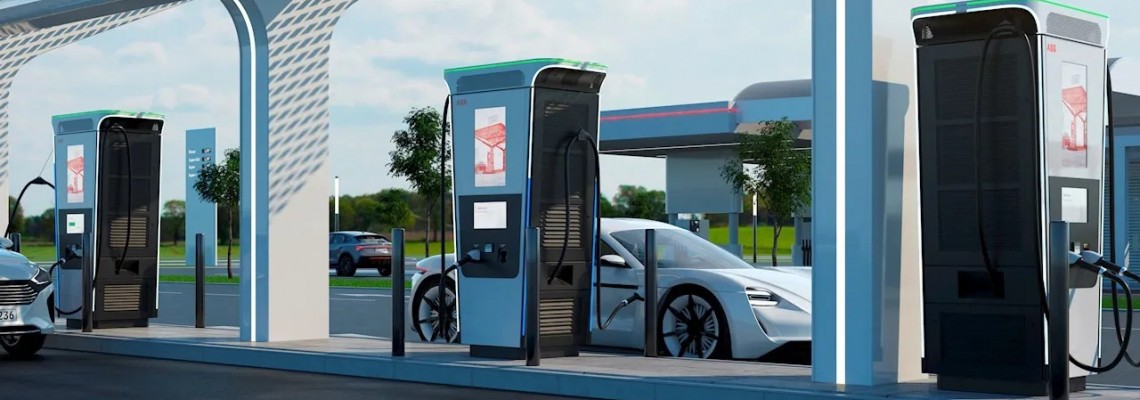
The
Future of Mobility: Electric Vehicle Charging Stations
The rapid advancements in electric vehicle (EV) technology
have sparked a global shift towards cleaner and more sustainable transportation
solutions. As more individuals and businesses embrace electric cars, the demand
for efficient and accessible charging infrastructure has become paramount.
Electric vehicle charging stations are at the forefront of this revolution,
playing a pivotal role in shaping the future of mobility.
Understanding Electric Vehicle Charging Stations
Electric vehicle charging stations, often referred to as EV
charging stations or simply charging stations, are specialized facilities
designed to supply electric power to recharge the batteries of electric
vehicles. These stations come in various forms, ranging from residential
charging units to public fast-charging stations strategically located in urban
centers, highways, and commercial areas.
The Importance of EV Charging Infrastructure
The growth of the electric vehicle market is intrinsically
tied to the availability and convenience of charging infrastructure. Just as
traditional gasoline stations are critical for internal combustion engine
vehicles, charging stations are vital for electric vehicles. They offer users
the convenience of recharging their EVs during daily routines, enabling longer
journeys and reducing range anxiety.
Types of EV Charging Stations
There are several types of electric vehicle charging
stations, each catering to different charging needs:
Residential Charging Stations: These are installed at homes
and provide a convenient overnight charging option for EV owners.
Public Charging Stations: Located in public spaces
like parking lots and shopping centers, these stations offer standard and
fast-charging options to the public.
Fast Charging Stations: Positioned along highways and
major routes, fast charging stations can charge EVs at a much higher rate,
allowing for quicker top-ups during long journeys.
Benefits of Electric Vehicle Charging Stations
Environmental Impact: Charging stations play a
pivotal role in reducing greenhouse gas emissions by promoting the adoption of
electric vehicles, which have zero tailpipe emissions.
Economic Growth: The installation and maintenance of
charging infrastructure create new economic opportunities and jobs in
industries related to clean energy.
Energy Independence: Charging stations encourage the
use of domestically produced electricity, reducing reliance on imported fossil
fuels.
Challenges and Future Outlook
While the expansion of charging networks is promising,
challenges such as standardization, interoperability, and equitable access need
to be addressed. Collaboration between governments, industries, and
stakeholders is crucial to building a robust and inclusive charging
infrastructure.
In conclusion, electric vehicle charging stations are not
just technological innovations; they are the bedrock of a sustainable and
greener transportation landscape. As the world embraces electric mobility, the
continued development of charging infrastructure will be pivotal in
accelerating the transition to a cleaner and more efficient transportation
future.


-75x75w.jpg)


-75x75w.jpg)










-75x75.jpg)





-75x75w.png)







Leave a Comment